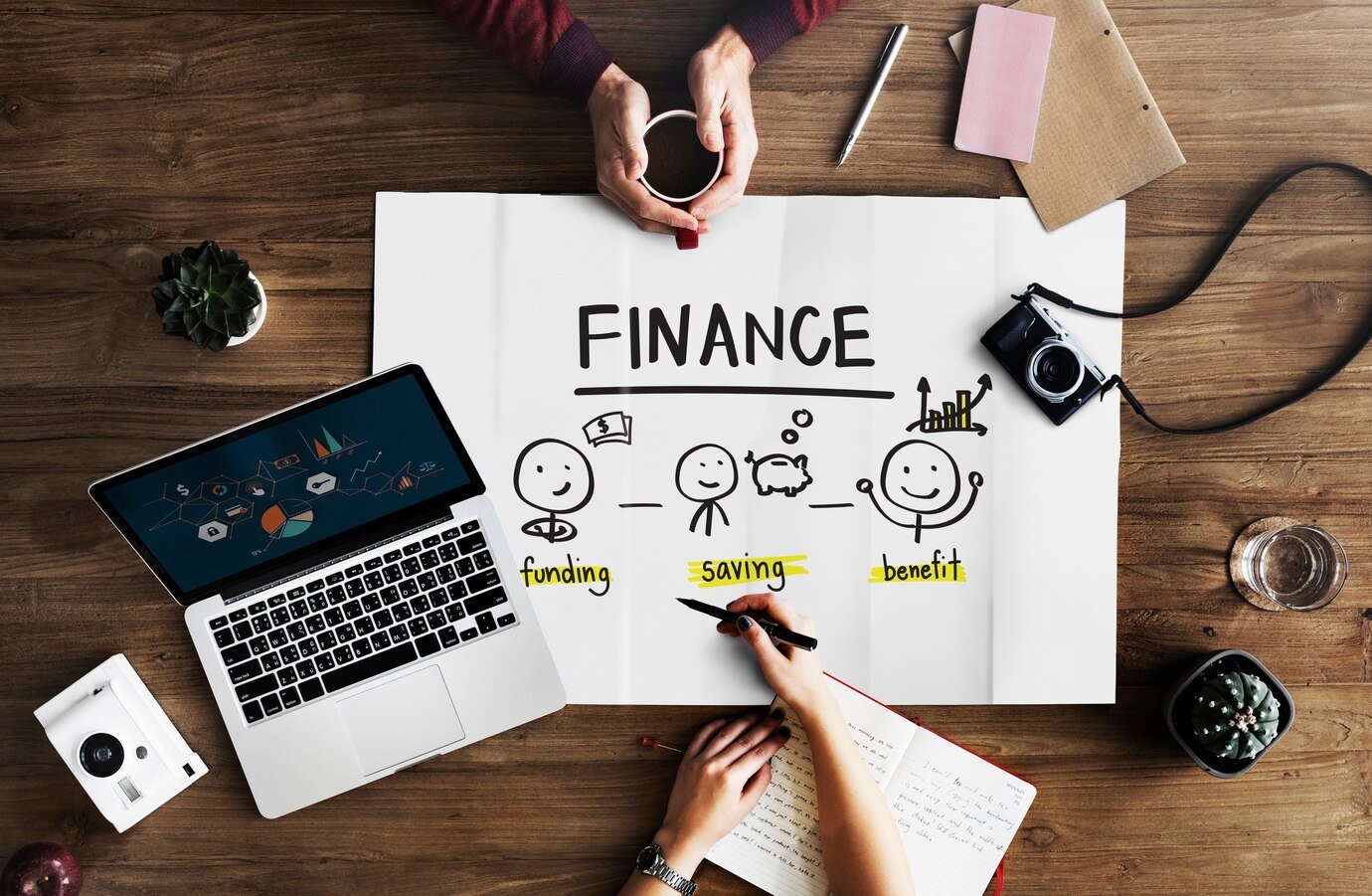The Ripple Effect: How Small Money Moves Shape Your Financial Future
In the vast ocean of personal finance, it’s easy to think that only big waves make a difference. However, just as a small pebble can create ripples that extend far across a pond, your day-to-day financial decisions can have far-reaching effects on your fiscal health. This article explores how seemingly minor money moves can dramatically impact your financial future.
The Power of Micro-Habits
Small Savings, Big Results
One of the most underestimated aspects of personal finance is the cumulative effect of small, consistent savings. That daily $5 coffee might seem insignificant, but when you do the math, it adds up to over $1,800 a year. Redirecting even a portion of that amount into savings or investments can yield substantial returns over time.
The Compound Interest Advantage
Albert Einstein allegedly called compound interest the eighth wonder of the world. By starting to save early and consistently, even in small amounts, you can harness the power of compound interest. A mere $50 a month invested over 30 years can grow to over $75,000, assuming a 7% annual return.
The Debt Domino Effect
Mindful Borrowing
While debt isn’t inherently bad, unchecked borrowing can quickly spiral out of control. An example of debt danger sign is consistently making only minimum payments on credit cards. This habit can lead to a debt snowball that becomes increasingly difficult to manage over time.
Strategic Debt Reduction
Conversely, making even small extra payments towards your debt can have a significant positive impact. By applying the debt avalanche or snowball method, you can strategically eliminate debts and free up more of your income for savings and investments.
The Psychology of Spending
Mindful Consumption
Every purchase decision, no matter how small, is an opportunity to align your spending with your values and goals. By cultivating awareness around your spending habits, you can make more intentional choices that support your long-term financial objectives.
The Opportunity Cost Perspective
Thinking about the opportunity cost of each purchase can reshape your spending habits. That impulse buy might seem harmless, but considering what else you could do with that money – invest it, save it for a goal, or use it to pay down debt – can lead to more thoughtful financial decisions.
Building Financial Resilience
The Emergency Fund Imperative
Starting an emergency fund, even with just a few dollars a week, can be a game-changer for your financial stability. This buffer can prevent you from relying on high-interest credit cards or loans when unexpected expenses arise.
Diversification in Small Steps
You don’t need a fortune to start diversifying your investments. Many platforms now offer fractional shares or low-minimum mutual funds, allowing you to spread your risk across various assets, even with limited capital.
Leveraging Technology for Financial Growth
Automation for Consistency
Utilizing automatic transfers for savings and investments ensures consistency in your financial plan. Even small, regular contributions can add up significantly over time, and automation removes the temptation to skip or forget these important moves.
Apps for Awareness
Budgeting and expense-tracking apps can provide valuable insights into your spending patterns. This increased awareness can help you identify areas for improvement and make more informed financial decisions daily.
Conclusion
In the grand scheme of your financial journey, it’s the accumulation of small, consistent actions that often make the most significant impact. By recognizing the ripple effect of your daily money moves, you can make more mindful decisions that align with your long-term financial goals. Remember, every financial choice you make today is shaping your fiscal future – make each one count.














Post Comment